By Mike Moyer, Power Market Compliance Specialist
Market Manipulation is the process of artificially inflating or deflating the price of a security. In the case of the wholesale electric markets, market manipulation occurs when the system fails to deliver fair prices and equal competition. The goal of a well-functioning market is to meet consumer demands at minimum cost by acquiring the appropriate mix and quantity of generation assets.
The largest case of market manipulation and false reporting to date is the Enron fiasco in the late 1990s, which led to the company’s downfall and resulted in many officers receiving jail time and financial penalties. During that period, energy companies confronted regulators, arguing that market manipulation was too subjective to be prohibited. They believed that market traders were merely profiting within the limitations of an imperfect system. These traders were incentivized to make money and often had individual profit and loss (P&L) responsibilities for their trading activities, seeking every opportunity to maximize their profits.
Over time, the regulatory process surrounding market manipulation has evolved and become more defined. Market monitors are now in place to oversee contracts and energy transactions, imposing more reporting requirements.
In 2006, the Federal Energy Regulatory Commission (FERC) adopted anti-market manipulation rules modeled after the regulations of the Securities and Exchange Commission’s (SEC) that prohibit manipulation and fraud. Under the FERC’s Anti-Manipulation Rules, it is unlawful for any entity, in connection with the purchase or sale of electric energy:
- To use or employ any device, scheme, or move to defraud.
- To make any untrue statement of a material fact or omit to state a material fact.
- To engage in any act, practice, or course of business that operates as a fraud or deceit upon any entity.
These rules extended FERC’s authority to energy entities not previously under the commission’s jurisdiction, including government-owned utilities and other market participants. The agency defines fraud as any action, transaction, or conspiracy intended to impair, obstruct, or defeat the honest functioning of the market. The rule also increased the maximum civil penalties, which currently amount to $1,496,035 per day per violation in 2023. Consequently, staff on the enforcement side under FERC’s Office of Market Oversight and Investigations has increased.
These actions taken by FERC should signal market participants in the electric markets to ensure that their staff is aware of these rules and knows how to operate within the boundaries of FERC requirements.
At NAES, we have developed an Anti-Market Manipulation training program that enables generation owners, offtakers, and plant staff to gain a better understanding of the rules and protocols mandated by FERC, the Commodity Futures Trading Commission (CFTC), and other governmental agencies. Even though plant staff may not be directly involved in trading in the markets, they interact with the Energy Managers who bid their plants into the market and purchase fuel.
The Anti-Market Manipulation training program developed by NAES offers the following features:
- Web-based, available on the GPI Learn platform.
- Self-paced and user-friendly.
- Completion time of only 2-2.5 hours.
- Retention of completion records.
If interested in completing the training, please contact Mike Moyer at Reliability@naes.com.











